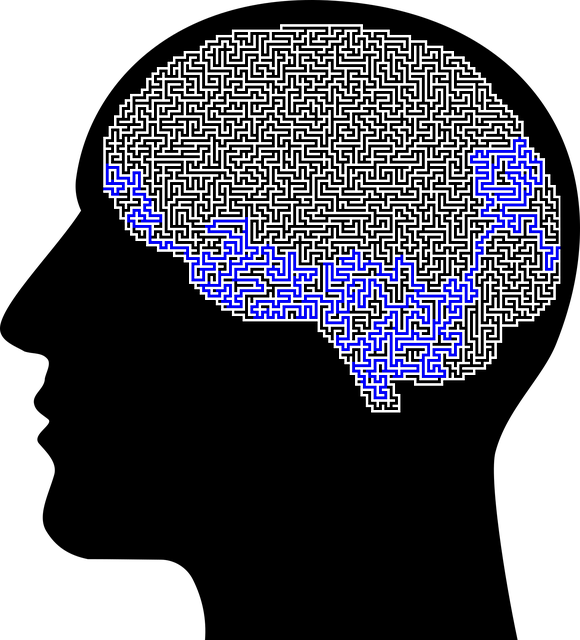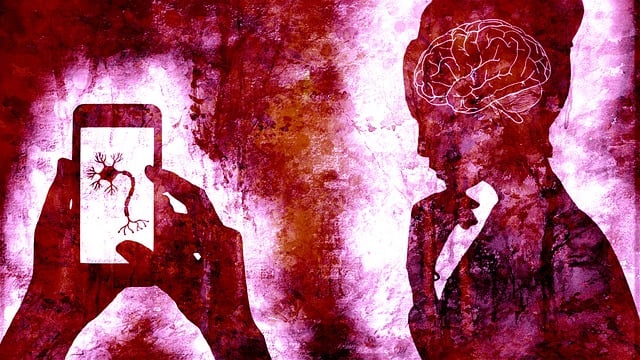Mental health crisis hotlines serve as critical lifelines for adolescent teens with chronic illnesses, offering immediate assistance, tailored coping strategies, and emotional support from trained professionals. These services prioritize confidentiality, foster safe spaces through active listening and empathy, and empower teens to manage their mental and physical well-being using tools like mindfulness meditation. Specialized therapy integrated with long-term care strengthens teens' sense of agency, provides self-awareness exercises, and promotes robust coping strategies for managing both acute crises and chronic conditions.
“Mental health crisis hotline support services play a pivotal role in assisting adolescent teens suffering from chronic illnesses. These lifelines offer immediate, confidential, and professional assistance, crucial for managing acute crises. Trained operators provide effective therapy over the phone, addressing urgent needs while offering guidance to long-term care resources. Understanding how these hotlines operate ensures that teen patients receive the comprehensive support needed for their mental health and wellness, including access to specialized programs tailored to their chronic conditions.”
- Understanding Mental Health Crisis Hotlines: A Lifeline for Teens with Chronic Illnesses
- The Importance of Confidentiality and Support in Teen Crisis Intervention
- How Trained Professionals Provide Effective Therapy Over the Phone
- Accessing Resources: Connecting Adolescent Patients to Long-Term Care and Wellness Programs
Understanding Mental Health Crisis Hotlines: A Lifeline for Teens with Chronic Illnesses

Mental Health Crisis Hotlines offer a crucial support system for adolescent teens suffering from chronic illnesses. These lines are more than just a phone number; they serve as a lifeline, providing immediate assistance and guidance during intense moments. When teens grapple with managing their health, stress can mount, leading to potential crises. Having access to crisis hotline services enables them to connect with trained professionals who can offer coping strategies and emotional support tailored to their unique challenges.
The development of public awareness campaigns around mental health issues in adolescents is vital. By educating both teens and their support networks about available resources, such as therapy for adolescent teens with chronic illnesses, we can foster an environment where seeking help is normalized. Stress reduction methods, including mindfulness meditation, can be potent tools within this framework, empowering young individuals to take proactive steps toward maintaining their mental well-being alongside their physical health management.
The Importance of Confidentiality and Support in Teen Crisis Intervention

In the context of mental health crisis hotline support services for teens, confidentiality is paramount. Adolescents often face unique challenges, including managing chronic illness or navigating the complexities of adolescence while also dealing with personal crises. They may be hesitant to open up due to fear of judgment or repercussions, making a non-judgmental and confidential environment crucial. This safe space encourages honest communication, fostering better understanding and tailored support.
Hotline services play a vital role in providing immediate assistance during a crisis, offering not just information but also active listening and empathy. They serve as lifelines for teens experiencing anxiety, burnout, or other mental health issues, offering compassion cultivation practices that can aid in stress reduction and emotional regulation. This supportive intervention can be instrumental in preventing escalation and promoting positive outcomes, ensuring adolescents receive the care they need to thrive.
How Trained Professionals Provide Effective Therapy Over the Phone

Trained professionals on mental health crisis hotline services are equipped with the skills to provide effective therapy over the phone. These experts understand the unique challenges faced by adolescent teens, especially those managing chronic illnesses, and tailor their approach accordingly. They employ active listening techniques, allowing individuals to express their feelings and concerns openly. Through thoughtful questioning, they guide users through a process of self-reflection and problem-solving, fostering a sense of agency and empowerment.
The professionals’ cultural sensitivity in mental healthcare practice is paramount. They create a safe, non-judgmental space, recognizing the impact of personal experiences and background on one’s mental well-being. By integrating positive thinking techniques, they assist users in challenging negative thought patterns, promoting resilience, and encouraging healthy coping mechanisms. This holistic approach ensures that individuals receive supportive, evidence-based care, even from a distance.
Accessing Resources: Connecting Adolescent Patients to Long-Term Care and Wellness Programs

For adolescent patients facing mental health crises, access to specialized long-term care is essential for their well-being and future resilience. Many teens struggle with chronic illnesses that impact both physical and mental health, requiring a holistic approach to treatment. Therapy for adolescent teens goes beyond immediate crisis intervention; it involves connecting them to resources that promote self-awareness exercises and sustainable wellness practices. Mental wellness coaching programs can empower teens to develop risk management planning skills, ensuring they have the tools to navigate future challenges.
These support services aim to foster a sense of agency among adolescents, helping them understand and manage their conditions effectively. By integrating therapy with long-term care, mental health professionals contribute to the development of robust coping strategies. This comprehensive approach not only addresses acute mental health crises but also promotes overall growth, enabling teens to lead fulfilling lives despite chronic illness.
Mental health crisis hotline support services play a pivotal role in providing immediate therapy for adolescent teens with chronic illnesses. By offering confidential and supportive intervention, these hotlines ensure that young individuals receive the necessary care during their most vulnerable moments. Trained professionals use phone-based therapy to effectively connect adolescents to long-term care and wellness programs, fostering a crucial step towards overall mental health and wellness.











